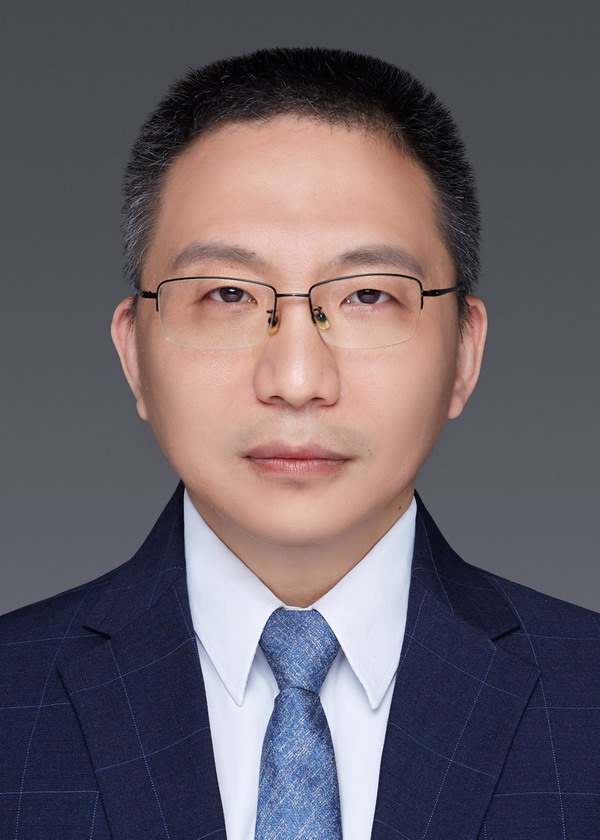Keynote Speaker I

Prof. Qingzu Zhu
University of Science and Technology of China, China
Speech Title: TBA
Abstract: TBA
Biography: Zuqing Zhu received his Ph.D. degree from the Department of Electrical and Computer Engineering, University of California, Davis, in 2007. From 2007 to 2011, he worked in the Service Provider Technology Group of Cisco Systems, San Jose, California, as a Senior Engineer. In January 2011, he joined the University of Science and Technology of China, where he currently is a Full Professor in the School of Information Science and Technology. He has published 360+ papers in peer-reviewed journals and conferences. He is the Steering Committee Chair of the IEEE International Conference on High Performance Switching and Routing (HPSR), and was the Chair of the Technical Committee on Optical Networking (ONTC) in IEEE Communications Society. He has received the Best Paper Awards from ICC 2013, GLOBECOM 2013, ICNC 2014, ICC 2015, ONDM 2018, and GLOBECOM 2023. He is a Fellow of IEEE.
Speakers in 2026 to be announced soon......